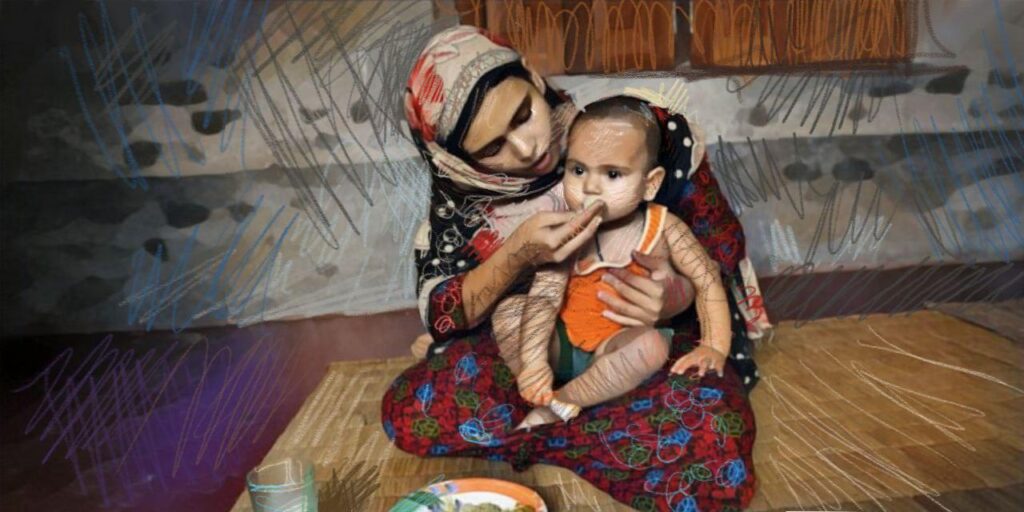Kazakhstan Cracks Down on Crimes Against Children and Women
Kazakhstan’s Commissioner for Children’s Rights, Dinara Zakiyeva, has outlined the scale of sexual violence against minors and the state’s efforts to combat it by strengthening legislation and support systems. Legislative Changes In April 2024, Kazakhstan introduced sweeping amendments to its criminal legislation, significantly increasing penalties for crimes against women and children. On April 15, 2024, President Kassym-Jomart Tokayev signed into law the On Amendments and Additions to Some Legislative Acts of the Republic of Kazakhstan on Ensuring Women's Rights and Children's Safety. Key changes to the Criminal Code include: Prohibition of lenient sentencing for crimes involving violence against minors; Elimination of reconciliation between parties in cases involving violence against minors; Introduction of life imprisonment as the sole penalty for the murder of a minor (Article 99), rape of a minor (Article 120), and other violent sexual acts against minors (Article 121), removing alternative sentencing options; Criminalization of sexual solicitation of individuals under 16; and Legal liability for inciting or assisting in suicide. Scope of the Problem According to Zakiyeva, approximately 900 crimes related to the sexual abuse of minors are reported in Kazakhstan each year. Since the enactment of the new law, 25 to 27 individuals have already received life sentences for such offenses. The highest incidence of these crimes is recorded in southern Kazakhstan, specifically Almaty, Turkestan, and Zhambyl regions, as well as West Kazakhstan and Kostanay regions. Zakiyeva notes that these areas often have high population density and conservative family structures that may conceal abuse. Zakiyeva shared disturbing cases of underage girls who had given birth as a result of prolonged abuse. “In Zhambyl region, I met a 13-year-old girl who had been raped for six years by her two uncles. In Turkestan region, I visited a center housing 16 underage mothers, aged 13 to 15, all of whom were victims of abuse by relatives. Many didn’t even realize they were victims of a crime, they believed this was normal family life,” she said. Prevention and Support The children’s ombudsman emphasized that effective anti-violence strategies globally rely on four pillars: strengthening legal frameworks; promoting self-defense and awareness; working with families to identify risk factors early; and expanding support infrastructure for victims. Kazakhstan’s new legislation supports preventive measures such as deploying mobile teams to identify at-risk families and establishing family support centers in every district. Currently, 112 such centers are operational, with another 109 underway. In Turkestan region alone, the number of centers has grown from one to 13, with four more soon to open. Helpline and Awareness In a single month, Kazakhstan’s national children’s helpline received 120 phone calls and 11,145 text messages. According to Zakiyeva, these messages often reveal the deep emotional isolation children feel. “Children feel alone. They’re scared to speak out. They’re afraid to tell anyone that they’re being threatened, blackmailed, or approached by strangers. Many can’t talk to their parents, teachers, or psychologists,” she said.






